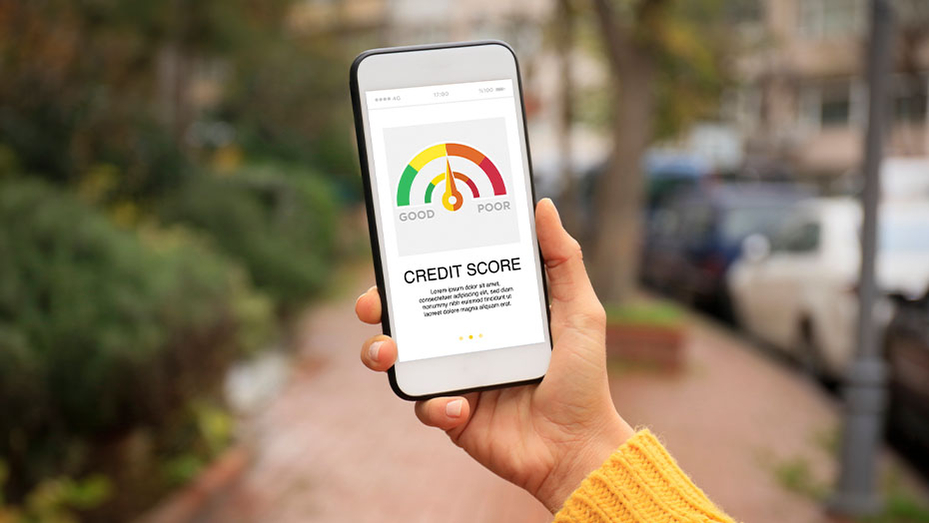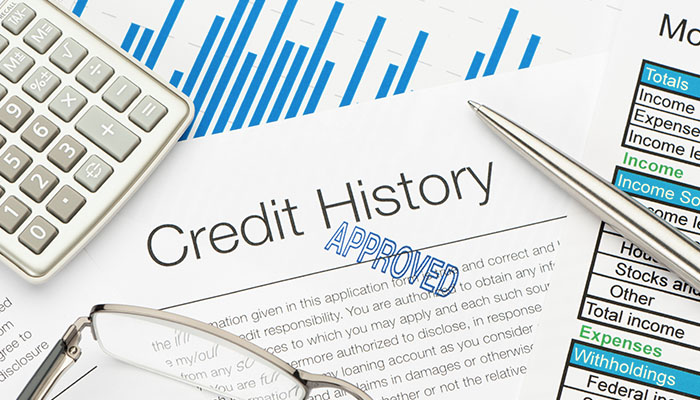Home Buyers, Money and Mortgage How Does My Credit Score Impact My Chances of Homeownership?

If, like most people, you plan on purchasing a home through a lender and not with cash, then you’ll want a good credit score. Why? Well, the higher your credit score, the more loan choices you’ll have and the lower your rates will be. Read on to learn more about credit scores and they can impact your home buying potential.
What Credit Score Do I Need to Buy a House?
There is no definitive answer to this question, but most conventional mortgages require a score of at least 620. Additionally, home buyers with scores higher than 740 will receive the best loan offers from lenders. If your score is lower than 620, there are still mortgage options available. FHA loans only require a credit score of 500, but they usually come with higher interest rates.

Credit Score Minimums for Loans
FHA Loans – 500
As mentioned above, FHA loans require the lowest score of any loan. FHA loans are backed by the Federal Housing Administration and allow down payments as low as 3.5%. To qualify for a low down payment, you will need a FICO score of at least 580. Credit ratings from 500 to 579 will be required to make a 10% down payment.
Conventional Loans – 620
Though the conventional loan credit score minimum is 620, most borrowers will need a higher score. According to Ellie Mae’s data, the average buyer’s FICO score from January to June 2020 was 756. Additionally, borrowers with higher scores can obtain decreased PMI costs, which are necessary for a down payment of less than 20%.
VA Loans ≈ 640
VA loans are backed by the Department of Veteran Affairs and do not require a set minimum credit score. These loans’ main requirement is that you are a veteran, an active duty member of the military, or a military spouse. Different VA lenders can choose their required minimum score, but most range in the 600s.
USDA Loans ≈ 640
Supplied by the U.S. Department of Agriculture for rural families, this loan does not require a set minimum, so a lender can set their own. However, having a score of at least 640 will make obtaining this loan easier. Most lenders look for borrowers with a high income to pay off the mortgage in a 30-year timeframe.
Jumbo Loans – 700
The maximum amount for a conforming loan is $548,250, so if you need a loan larger than that, a jumbo loan might be for you. However, lending large sums of money is risky, so lenders look for borrowers with scores in the 700s.

What If My Credit Score is Low or Non-Existent?
If this is the case, you have two options: get a co-signer to help you secure the loan, or have a friend/family member purchase the home, then refinance it in your name once your scores improve. Both of these options can be hard to sell, as there are risks involved. The best option would be to take some time to strengthen your credit score before buying a home.
Ways to Strengthen Your Credit Score
If you have a low credit score, you may want to put off buying a home and spend your efforts increasing that score. To do so, you can:
- Pay your bills on time: Your payment history is the biggest factor in determining your credit score. On-time payments are the best way to boost your score over time.
- Keep low credit card balances: It is recommended to use no more than 30% of your credit card’s limit. Your credit utilization is a big factor in determining your credit score.
- Keep credit cards open: Closing credit cards when you have an available balance on other cards will surely decrease your credit utilization and, in turn, hurt your score.
- Stay on top of your score: It’s important to check your score for lasting errors. If you find something, pay it off or dispute it. Until April 2022, you are permitted to receive at least one free credit report from Experian, Equifax, and TransUnion every week. So, take advantage of that before it’s too late.
- Check your credit mix: Lenders want to see that you have a nice variety of payments, not just credit cards or installment loans. Think about opening up a new credit card or securing a credit builder loan. Remember that it’s optimal to have six months between opening accounts and applying for a mortgage, so be aware of the timing.
A higher score makes for an easier mortgage application and approval. So, don’t wait until the last minute to work on your score. Keeping a good credit score is a lifelong commitment. If you need help connecting to a lender or need more tips on how to strengthen your score, contact a HomeHunt professional today!